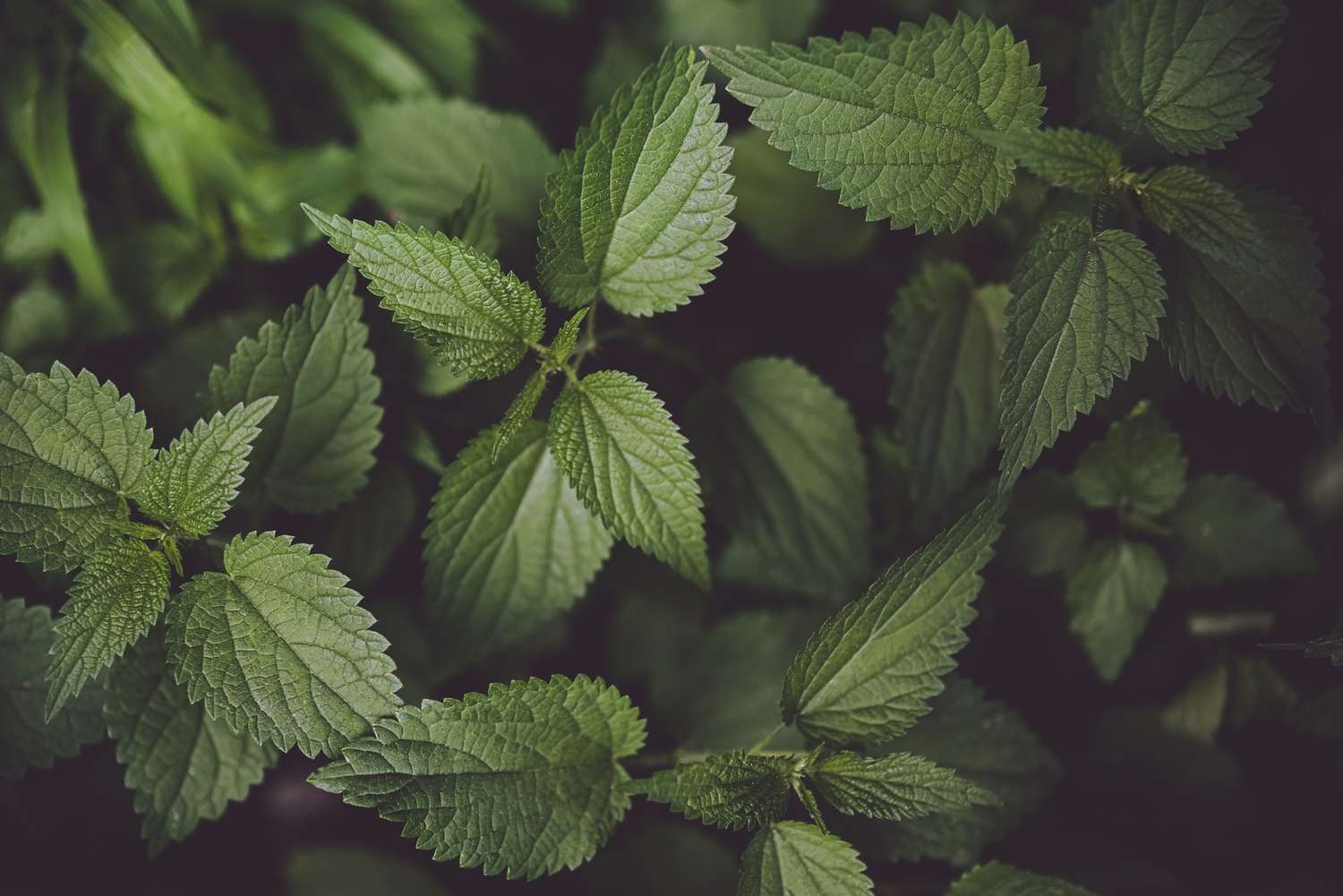
Nettle might not be the first thing that comes to mind when thinking about nutritious foods, but this humble plant packs a punch. Nettle nutrition is often overlooked, yet it offers a wealth of benefits. Rich in vitamins A, C, K, and several B vitamins, nettles also provide essential minerals like iron, calcium, magnesium, and potassium. They contain antioxidants and anti-inflammatory compounds, making them a powerhouse for boosting overall health. Whether added to soups, teas, or smoothies, nettles can enhance your diet in surprising ways. Curious about what else nettles can do for you? Read on to uncover 13 amazing facts about nettle nutrition!
What is Nettle?
Nettle, often known as stinging nettle, is a plant that has been used for centuries for its medicinal properties. Despite its prickly nature, nettle is packed with nutrients that can benefit your health in numerous ways.
Nutritional Content of Nettle
Nettle is a powerhouse of nutrients. Here are some key facts about its nutritional content:
-
Rich in Vitamins: Nettle contains a variety of vitamins including A, C, K, and several B vitamins. These vitamins are essential for maintaining good health, supporting immune function, and promoting skin health.
-
High in Minerals: This plant is also loaded with minerals such as iron, calcium, magnesium, and potassium. These minerals play crucial roles in bone health, muscle function, and overall metabolic processes.
-
Protein Source: Surprisingly, nettle is a good source of protein. It contains all essential amino acids, making it a valuable plant-based protein option.
-
Antioxidants Galore: Nettle is rich in antioxidants like flavonoids and carotenoids. These compounds help protect your cells from damage caused by free radicals.
Health Benefits of Nettle
Nettle's nutritional profile translates into several health benefits. Here are some notable ones:
-
Anti-Inflammatory Properties: Nettle has been shown to reduce inflammation, which can help with conditions like arthritis and other inflammatory diseases.
-
Supports Urinary Health: Nettle may help with urinary issues, including benign prostatic hyperplasia (BPH) in men. It can also act as a diuretic, promoting kidney function.
-
Allergy Relief: Some studies suggest that nettle can help alleviate symptoms of hay fever and other allergies by acting as a natural antihistamine.
-
Blood Sugar Control: Nettle may help regulate blood sugar levels, making it beneficial for people with diabetes or those at risk of developing the condition.
How to Incorporate Nettle into Your Diet
Adding nettle to your diet can be easy and delicious. Here are some ways to do it:
-
Nettle Tea: One of the most popular ways to consume nettle is by making tea. Simply steep dried nettle leaves in hot water for a nutritious and soothing drink.
-
Nettle Soup: Nettle can be used in soups, much like spinach or kale. It adds a unique flavor and a nutritional boost to your meal.
-
Smoothies: Adding fresh or dried nettle to your smoothies can enhance their nutritional value without altering the taste significantly.
-
Nettle Pesto: Use nettle leaves in place of basil to make a nutrient-rich pesto sauce. It pairs well with pasta, sandwiches, and more.
Precautions When Using Nettle
While nettle is generally safe, there are some precautions to consider:
- Handling Fresh Nettle: Fresh nettle leaves can cause skin irritation due to their stinging hairs. Always wear gloves when handling them and cook or dry the leaves to neutralize the sting.
Nettle is a versatile and nutrient-dense plant that can be a valuable addition to your diet. Whether you drink it as tea, blend it into smoothies, or cook it into soups, nettle offers a range of health benefits worth exploring.
Nettle Nutrition: The Final Scoop
Nettle packs a punch when it comes to nutrition. Loaded with vitamins A, C, K, and several B vitamins, it’s a powerhouse for your immune system. The minerals like iron, calcium, magnesium, and potassium found in nettle can boost your overall health. Its antioxidants help fight off free radicals, reducing the risk of chronic diseases. Nettle also contains essential amino acids, making it a great addition to a balanced diet.
For those with allergies, nettle can act as a natural antihistamine. Its anti-inflammatory properties can ease joint pain and arthritis symptoms. Plus, it’s a diuretic, helping to flush out toxins. Whether you’re sipping nettle tea or adding it to soups and smoothies, this versatile plant offers numerous health benefits. So, next time you see nettle, remember it’s not just a weed—it’s a nutritional goldmine.
Was this page helpful?
Our commitment to delivering trustworthy and engaging content is at the heart of what we do. Each fact on our site is contributed by real users like you, bringing a wealth of diverse insights and information. To ensure the highest standards of accuracy and reliability, our dedicated editors meticulously review each submission. This process guarantees that the facts we share are not only fascinating but also credible. Trust in our commitment to quality and authenticity as you explore and learn with us.


